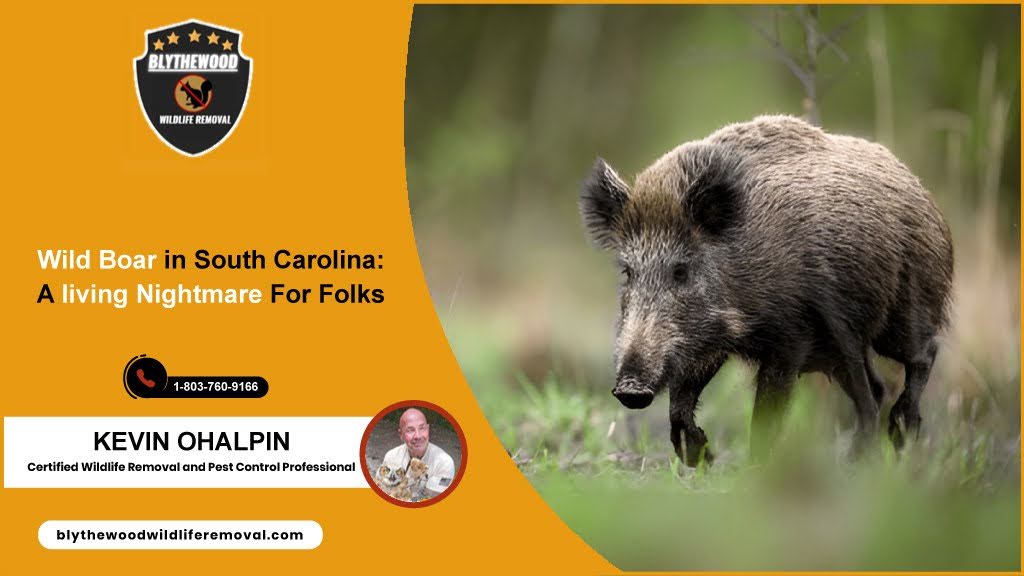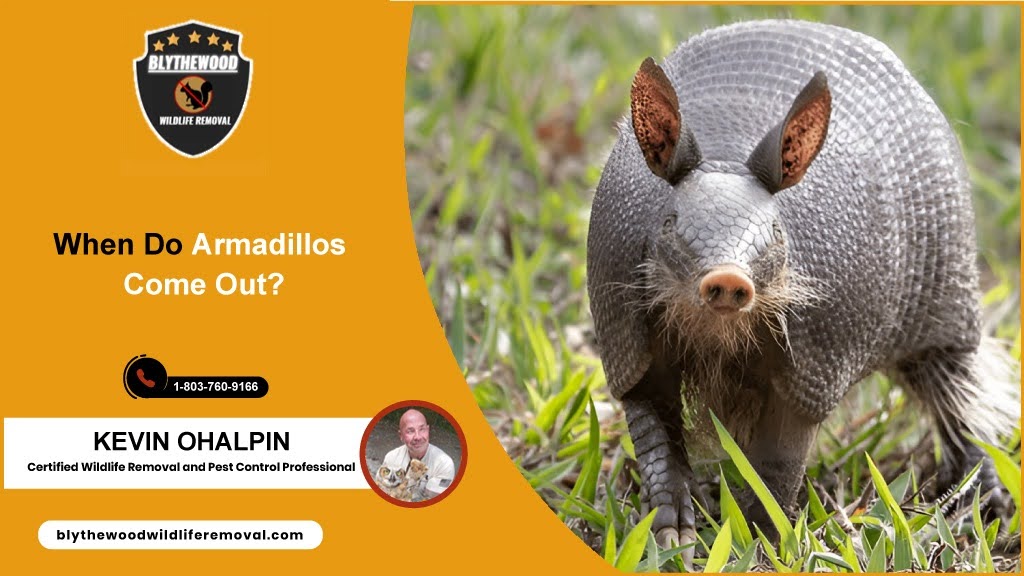
When Do Armadillos Come Out? Some Facts About Their Lifestyle
April 4, 2025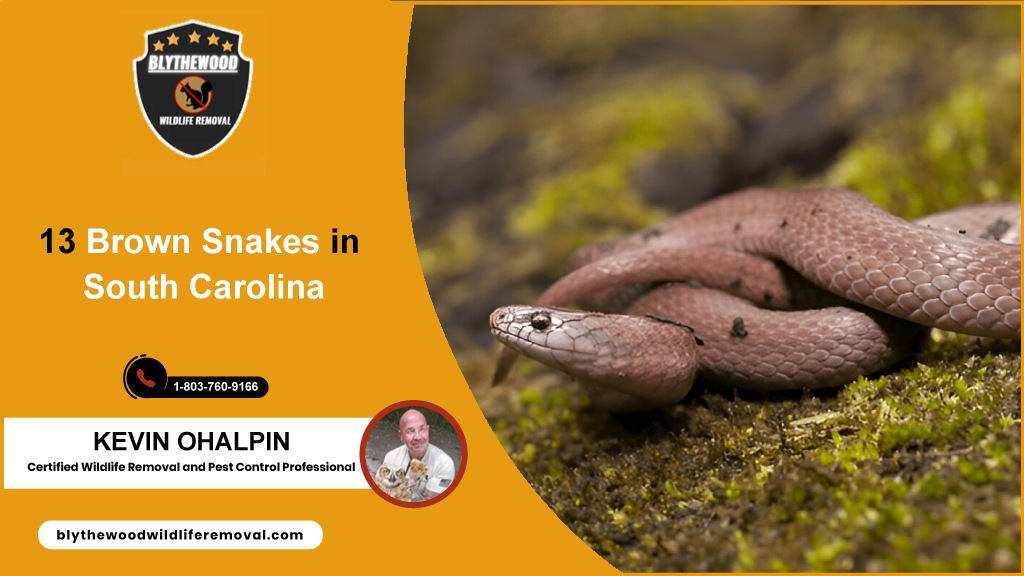
13 Brown Snakes in South Carolina That You Might Find Lurking
April 4, 2025Wild boars are found in every county of South Carolina, and their population has increased rapidly in the recent decade.
With increased urbanization, we are witnessing increased encounters with wild boars.
But here is an important thing. Most people get confused when they hear similar names like hogs, pigs, swine, etc. So, let’s clear it first.
Swine is a general term used to define family members of the Suidae family, while pig is a domesticated young swine. Wild hogs and wild boars are used interchangeably for non-domesticated pigs with thick and coarse hair. Wild boars can also be used to refer to their hybrids.
Meanwhile, feral hogs or feral pigs are pigs that were once domesticated but later turned wild. You can also call them wild pigs.
All swine have snouts. Domesticated pigs do not have tusks, while wild and feral pigs have tusks or can develop them. Wild boars always develop tusks.
So when the difference is clear, let’s talk about how big the issue of wild boars in South Carolina is.
Their lifestyle and quick facts
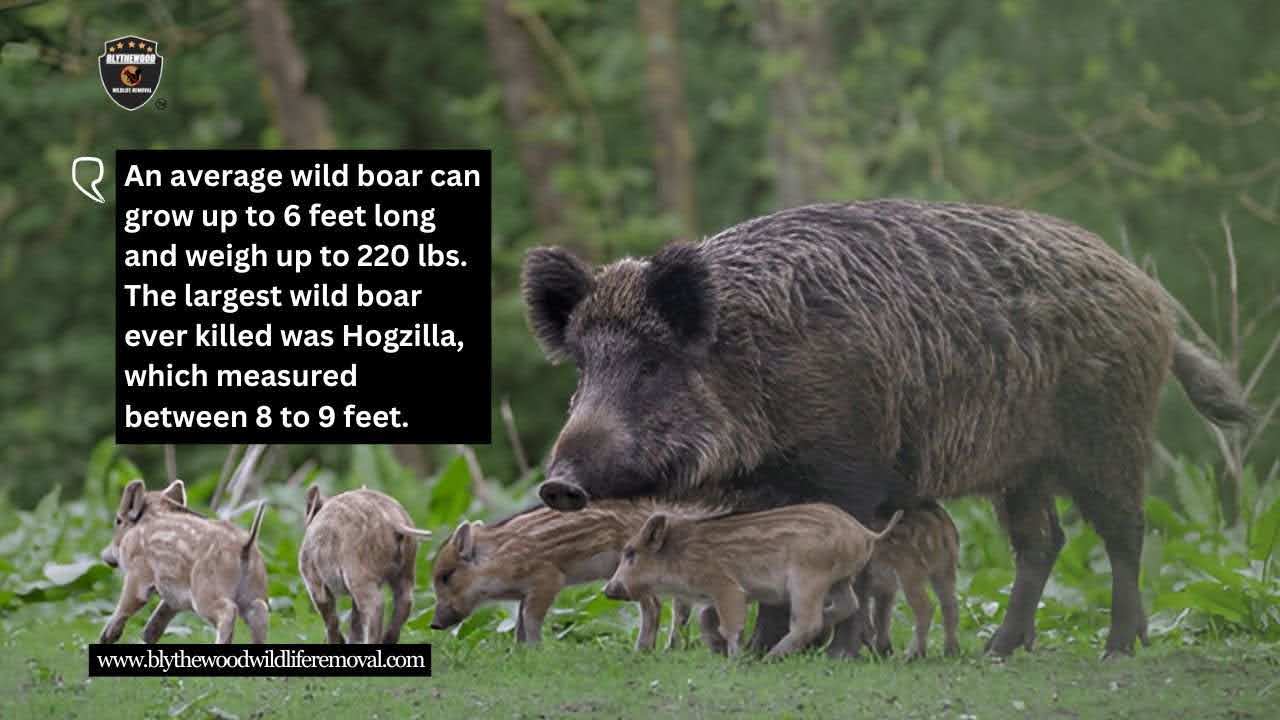
Wild boars are large, bulky mammals that live in forests, grasslands, wetlands, and shrublands. They often live in agricultural areas due to access to food.
Boars are nocturnal and look for food at night. Females live in groups called “sounder” while males only join the group during the mating season.
An average wild boar can grow up to 6 feet long and weigh up to 220 lbs. The largest wild boar ever killed was Hogzilla, which measured between 8 to 9 feet.
Despite their large bodies, they are good runners. Some species can even run at 30 miles per hour. They are also pretty good swimmers and can smoothly cross lakes and streams.
Boars have a great sense of smell and hearing. They eat plants, animals, and decaying bodies, even human remains!
Various cultures have domesticated wild boars; they are a great food source and considered big game animals.
They are native to Eurasia and North Africa. Except Antarctica, they are found on all continents.
They are intelligent and adaptable to various environments. They have been observed searching for food by moving branches with their snouts. It is a common belief that wild boars are more intelligent than dogs.
Boars rub their body against trees to remove hair, insects, and parasites.
How dangerous is a wild boar?
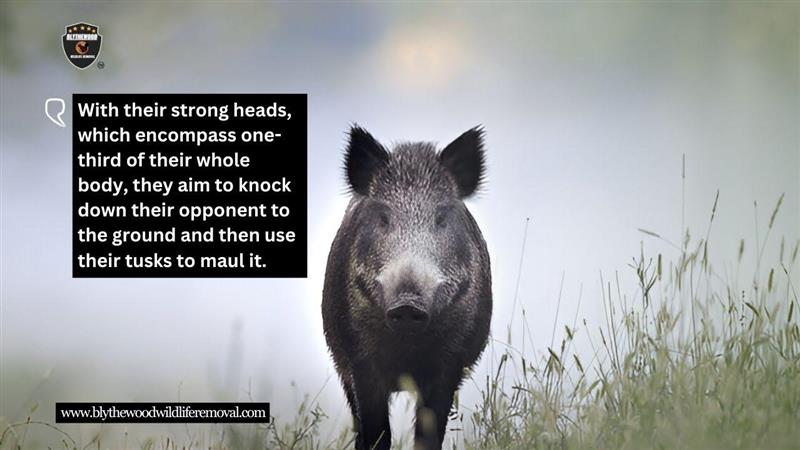
Believe me, they are pretty dangerous!
A wild boar is not something you should mess with, especially when barehanded. They have a strong body and a fearless attitude. They are very aggressive.
They do not hesitate to attack humans when defending piglets or feeling threatened. Their attacks usually last one minute but cause great damage.
Their tusks are pretty strong and can maul a person quickly.
They are good runners and charge at a high speed. With their strong heads, which encompass one-third of their whole body, they aim to knock down their opponent to the ground and then use their tusks to maul it.
Besides being dangerous in encounters and physical attacks, they are also great carriers of certain diseases.
Those diseases can be transmitted through skin, saliva, and improperly cooked meat. Wild boars can spread brucellosis, leptospirosis, and trichinellosis.
Also, they are a nightmare for farmers and landowners because they can ruin the crops. They eat crops, dig soil with their tusks in search of worms and grubs, and crush crops with their tusks when wandering.
They are responsible for causing over a billion dollars of loss annually.
Is shooting a wild boar legal?
Shooting a wild boar on private property is legal, even without a license (but you should have land ownership). It can be done by any means. Some rules may vary.
Boars are very dangerous and can even lead to death in encounters. So, shooting them in a public place or outside of your private property is legal if a boar is charging at you or attacking. This falls under self-defence.
Boars are big game animals, and it is legal to hunt them with a license and a specific weapon in the specified season.
What to do about them?
If you are experiencing wild boar habitation or presence in your farm or private land, you can use fences to stop them from entering your area. However, you must keep this fact in mind that they can jump up to 3 feet high.
So, use a fence at least four feet high and buried at least one foot deep. This will prevent the fence from falling if a boar hits it.
The best method of their control is trapping and killing. If you are unsure what to do or the situation is serious, Blythewood Wildlife Removal will protect you and your property from these pests.
- 13 Brown Snakes in South Carolina That You Might Find Lurking - April 4, 2025
- Wild Boars in South Carolina – A Living Nightmare For Folks - April 4, 2025
- When Do Armadillos Come Out? Some Facts About Their Lifestyle - April 4, 2025


